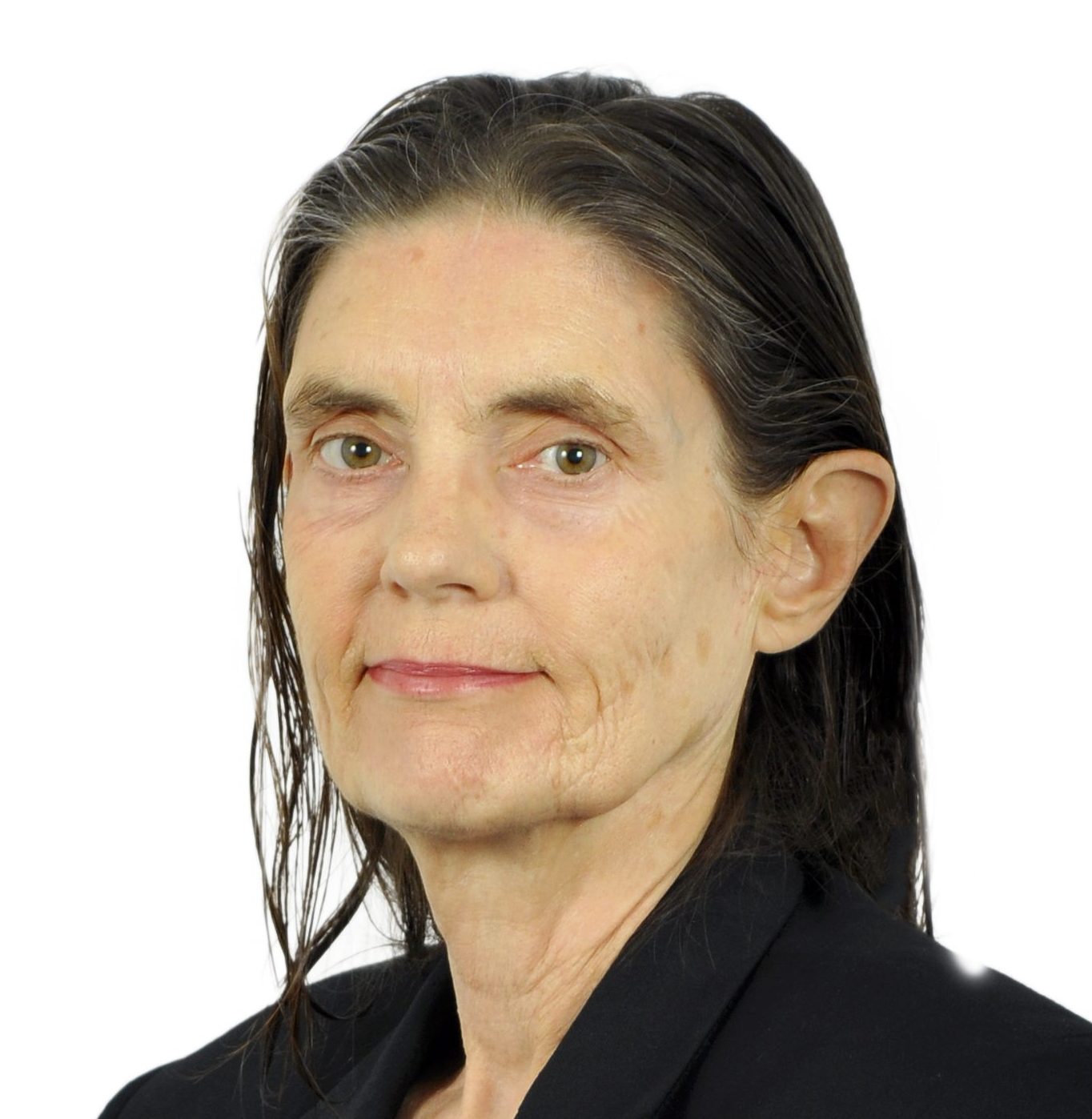Featured Topics
Featured Products
Events
S&P Global Offerings
Featured Topics
Featured Products
Events
S&P Global Offerings
Featured Topics
Featured Products
Events
S&P Global Offerings
Featured Topics
Featured Products
Events
Our Methodology
Methodology & Participation
Reference Tools
S&P Global
S&P Global Offerings
S&P Global
Our Methodology
Methodology & Participation
Reference Tools
S&P Global
S&P Global Offerings
S&P Global
04 Oct 2020 | 11:38 UTC — Dubai
Highlights
Platts Analytics sees peak demand in 2040
US shale producers cutting back on low prices
BP, Shell slashing jobs, Total expanding solar
Dubai — Massive spending cuts by the global oil industry and promises to develop alternative energies may leave national oil companies such as Saudi Aramco and Abu Dhabi National Oil Co. filling the hole, if demand is yet to peak.
BP surprised investors in August with plans to shrink its oil and gas production by 40% over the next decade, while Shell on Sept. 30 detailed plans to cut up to 9,000 jobs by the end of 2022. Total SA is aiming to become "the responsible energy major" with expansions in low-carbon energy such as solar. US oil companies are cutting production as low oil prices make some shale output unprofitable.
"The underinvestment issue is exacerbated by the oil majors stating intent not to be as big in conventional oil and gas anymore, certainly on the oil side of things," Vitol Asia President and CEO Mike Muller told a Gulf Intelligence webinar Oct. 4. "That places the onus on other people to develop the oil reserves that are definitively going to be needed in the scenarios of those people who think peak oil is still well ahead of us. There's still a large number of people who think that is 2030."
Global oil demand next year will average 96.86 million b/d, up 6.62 million b/d from a year earlier, OPEC said in its September monthly outlook. Demand will still shrink this year, to an estimated 90.23 million b/d, it said.
S&P Global Platts Analytics sees global oil demand peaking in 2040 at around 120 million b/d before slipping to 116.5 million b/d in 2050 under a "most likely" scenario.
The more global majors leave oil and gas, "the space will be taken over by NOCs," Christof Ruhl, senior research scholar at Columbia University's Center on Global Energy Policy, told the webinar. Ruhl previously was global head of research at the Abu Dhabi Investment Authority and served as group chief economist at BP.
Most senior executives at a recent commodities conference view oil prices in the $30/b range as too unsustainably low and expect prices to climb to the mid to high $40/b range next year, Muller said.
